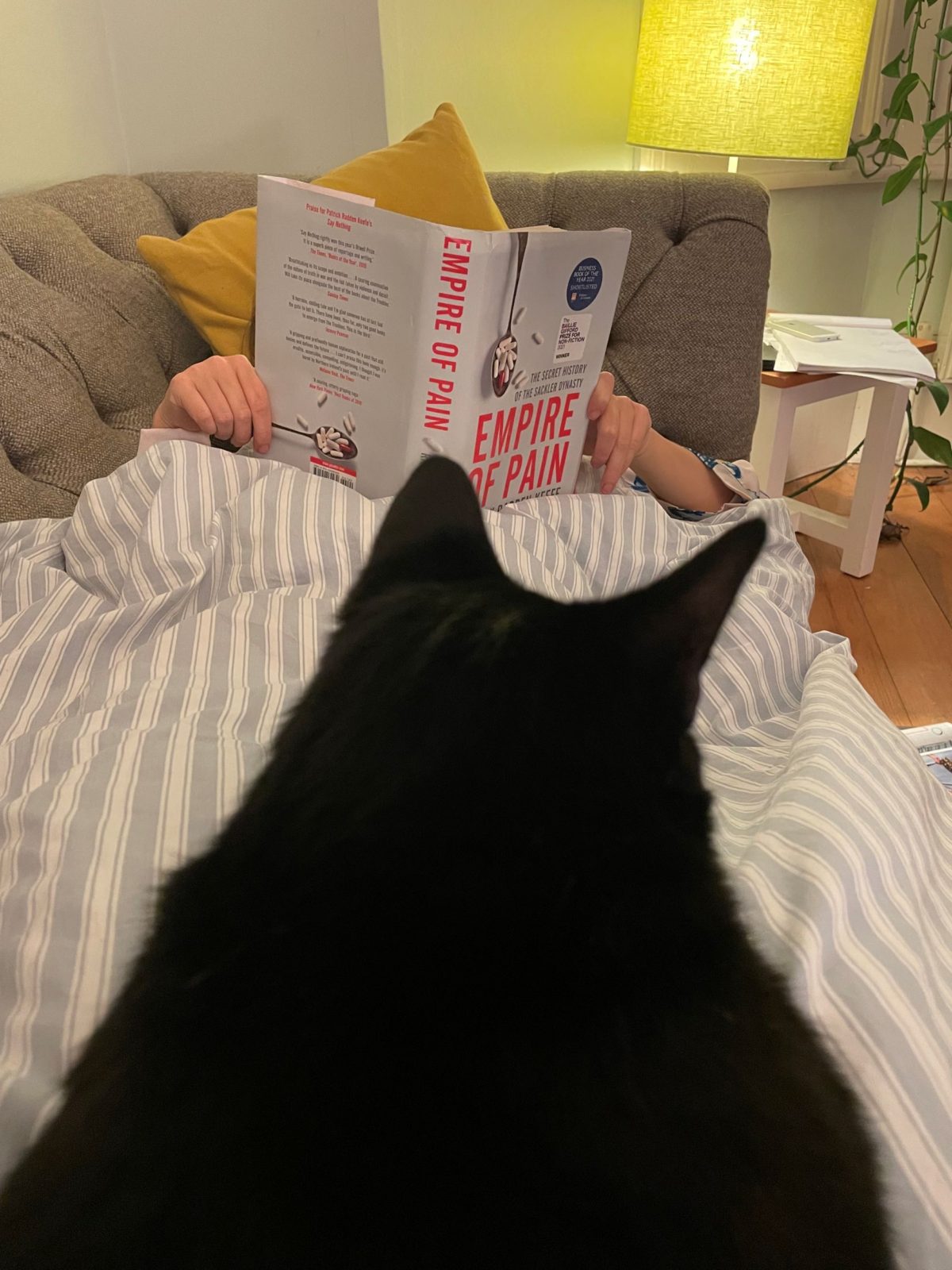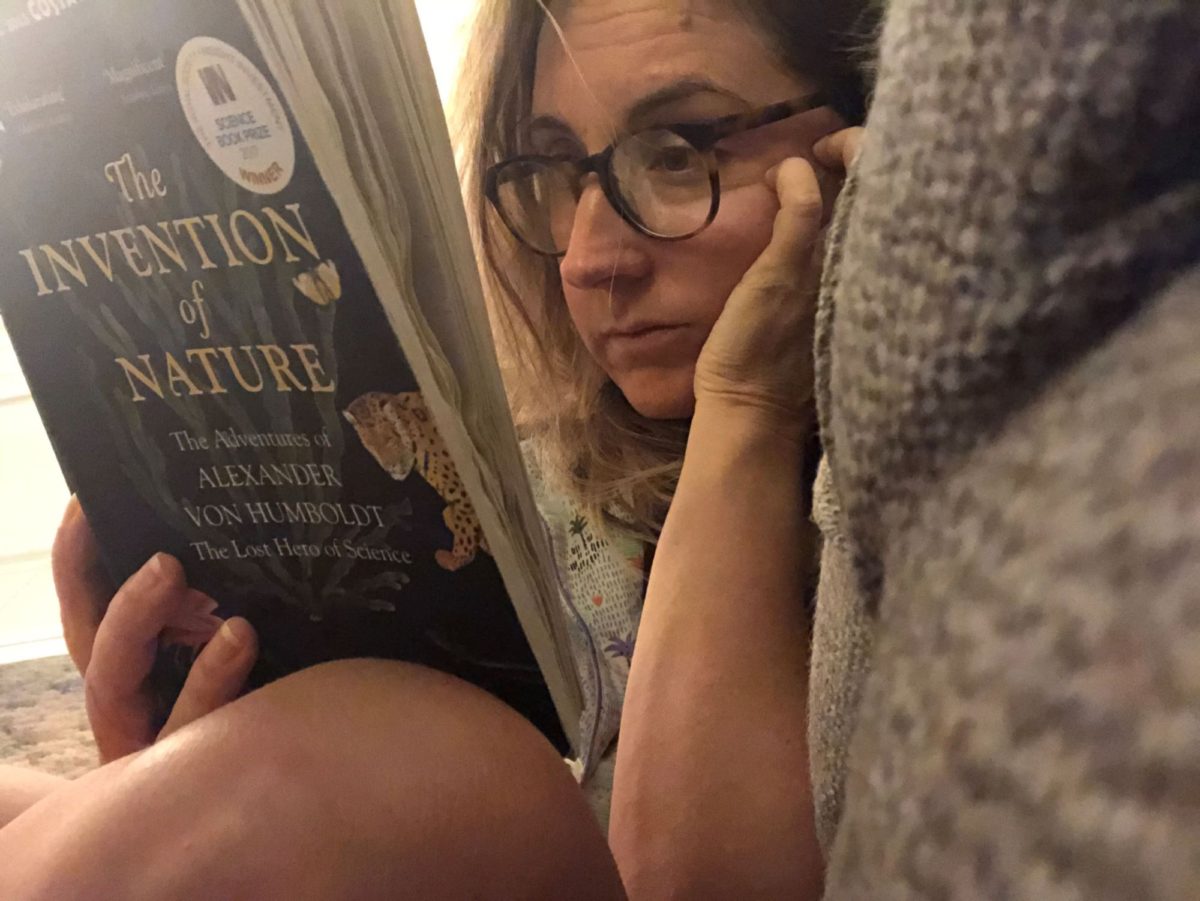I REALLY loved this one. I have already recommended it to about five people, none of whom seem enthused. It is the real dairies that the author kept as a 19 year old in London during WWII. They brought her huge fame when published in the 1980s, after her granddaughter found them in her attic.
Part of the interest is a day-by-day account of what it was like to live in London during the war. But, curiously, that’s not really most of what it focuses on. She’s a 19 year old girl, so mostly it’s focused on BOYS. She is desperate to lose her virginity, and then when she does, desperate to have an orgasm (takes 4-5 boys, all of whom we learn about). She is very jealous of her friend, who claims she can have one just by leaning on a railing (!) I don’t know what I thought a diary by a wealthy teenage girl in the 1940s was going to be like, but I did not expect it to include the taste of semen (bitter almond, in her opinion)
There is also something exceedingly touching about hearing about someone’s daily life long ago in a city you currently live in. One night, for example, just before the Blitz begins she tell us they: “climbed the hill that looks over Highgate and lay in deck chairs at the top, smoking in the moonlight.”
Or once, when she is with her friend they see an old man on that street
“Dorothea said, ‘That is Professor Freud.’ Back to Chelsea in a tube like an oven.”
Living in Chelsea she meets many artists – Julian McLaren Ross (read his OF LOVE AND HUNGER here), Augustus John, and Dylan Thomas, who gropes her. She volunteers for the WAAF, where she has a job tracking planes. She meets a man who has managed to get out of Poland, and, awfully, no one believes him when he tells them about the concentration camps, thinking it is too dreadful to possibly be true.
I find in writing this summary I struggle to capture what I loved in this book so much. I think it is partly the dailyness of it (cold peas for supper!) and the indomitable spirit of the young woman, who seems to find so much to enjoy in those days.










